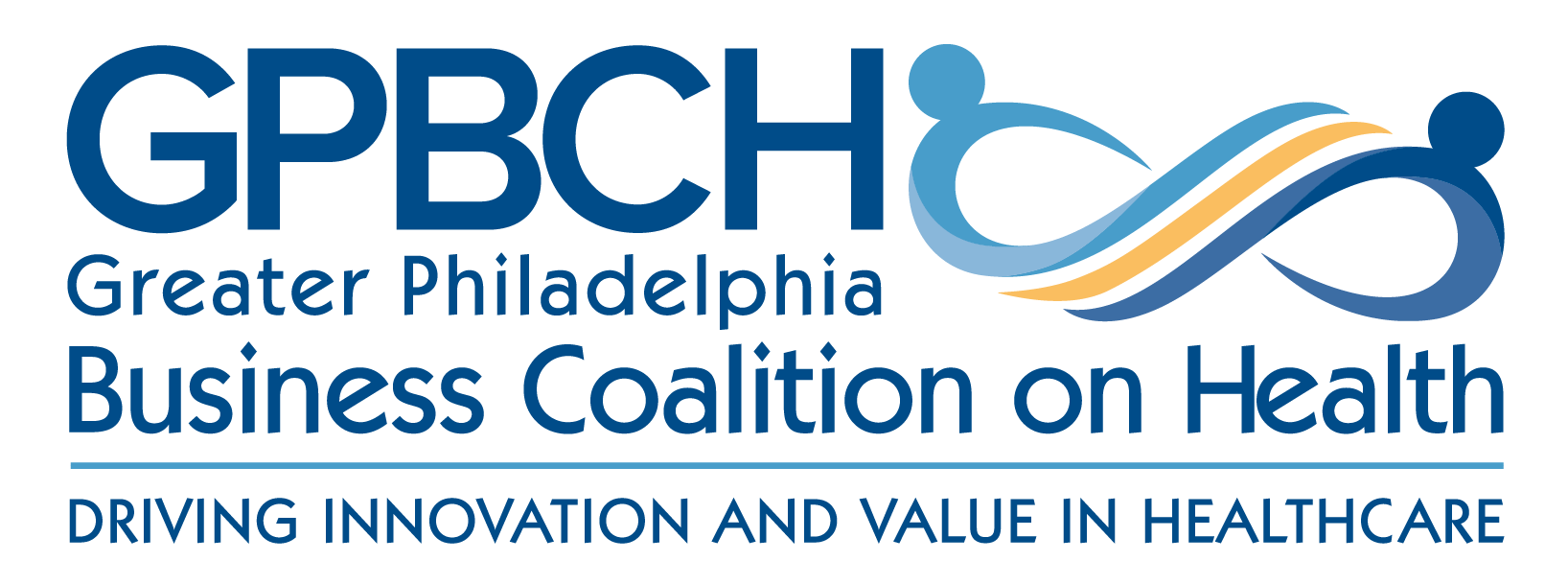
Neil Goldfarb on Theme, Potential Insights of 2022 GPBCH Wellness Summit

Neil Goldfarb, president and CEO of the Greater Philadelphia Business Coalition on Health (GPBCH), reviews the key topics to be addressed at the 2022 GPBCH Wellness Summit.
The
Transcript
Can you discuss the theme of the 2022 GPBCH Wellness Summit?
Our theme this year for our annual Wellness Summit is advancing equity for both physical and mental health. What we are doing is covering a fairly broad array of topics in employee health and well-being, but in each of those topic sessions, we will hit on what employers can do to increase equity as they try to increase well-being for the general population.
So, we have sessions on topics like obesity, building cultures of health, advancing mental health, advancing community health, the future of vaccines and how employers can promote vaccines to the appropriate population. And in all of those conversations, we're going to be talking about general strategies but also hitting on health equity and how it relates to that topic, what employers can do to really advance health in an equitable manner.
What lessons do you hope audience members gain from the meeting?
With all of our conferences, we want people to come away with new ideas and new strategies. We prefer that our sessions not be confirmatory, meaning telling you what you already knew. It's really how to look at something in a different manner or how to really make progress on something that we already identify as an issue.
A good example is obesity. Every employer I speak with recognizes that obesity is a significant driver of morbidity, mortality, and cost. So, the question is not to talk about, does obesity impact those things, but it's really what can you as an employer do to equitably advance prevention, advance treatment, and support employees who have the disease of obesity.
So we want people to come away with new ways of looking at a problem, new strategies for addressing the problem, ideas for how to evaluate the success or lack of success of their efforts, and basically give people hope that progress can be made—that they're in the ideal position to not only improve the health of their own population, but to contribute to community and public health. We want people to feel inspired by the speakers, not feel like they're overwhelmed, and we want to hear within the months after the program that some people actually implemented things differently to try to advance health.
Newsletter
Stay ahead of policy, cost, and value—subscribe to AJMC for expert insights at the intersection of clinical care and health economics.









